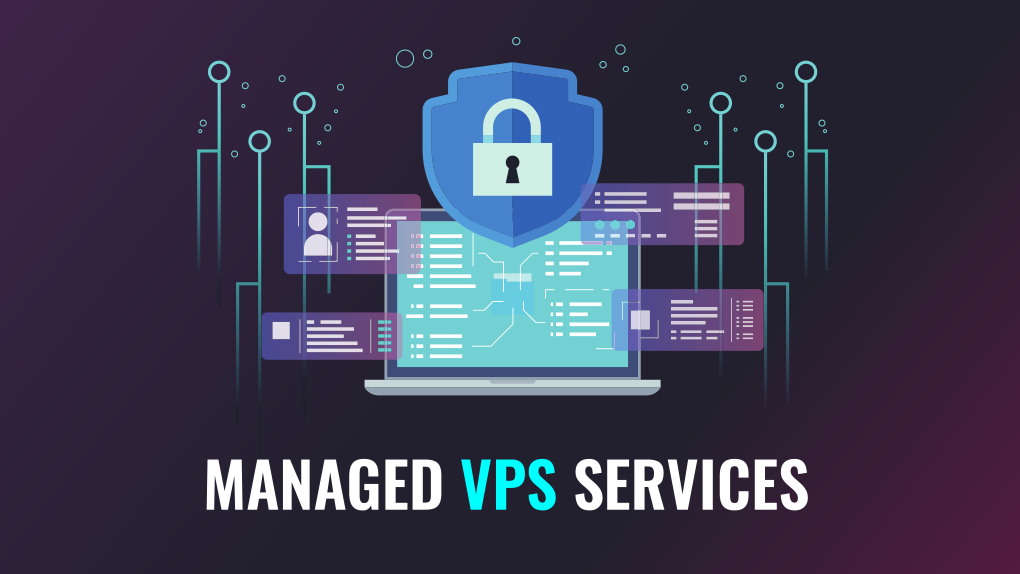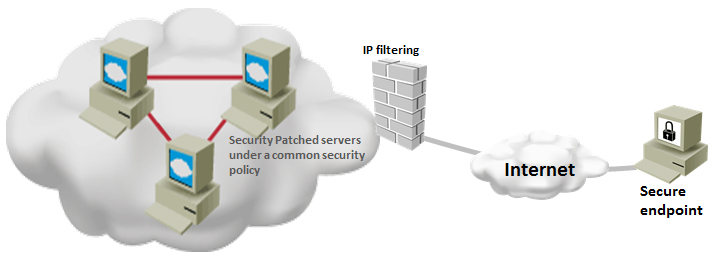Vps Security Best Practices Protecting Your Virtual Space
Vps Security Best Practices Protecting Your Virtual Space. Another great way to up the security of your VPS is to manage and change the ownership of your files or directories to ensure that only the required access is provided. Disable Unnecessary Services In the pursuit of fortifying your VPS against potential security threats, a crucial aspect is minimizing the attack surface by judiciously disabling unnecessary services.

To do this, look for file systems such as CageFS (CloudLinux) or VirtFS.
Disable Unnecessary Services In the pursuit of fortifying your VPS against potential security threats, a crucial aspect is minimizing the attack surface by judiciously disabling unnecessary services.
VPS, or Virtual Private Server, is a hosting solution that provides a secure and isolated space for websites and applications. Unprotected ports Close any unused ports and services to reduce the potential attack surface. Regularly Updating and Patching VPS Software.








